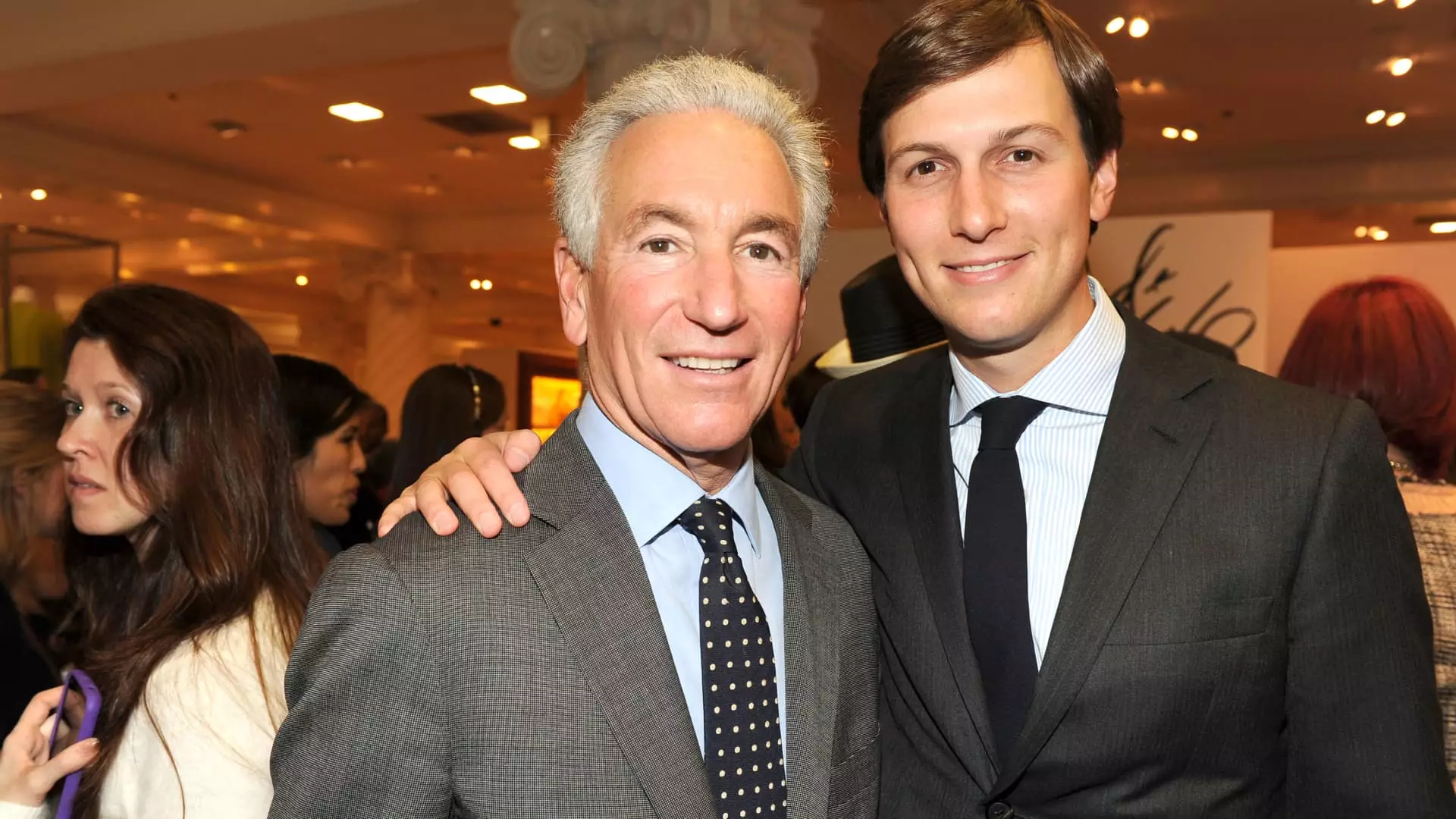In a surprising turn of events, President-elect Donald Trump announced his intention to nominate Charles Kushner as the ambassador to France. This decision reflects the intertwining of political, personal, and commercial networks that characterize the current administration. Charles Kushner, father of Jared Kushner—who served as a senior advisor during Trump’s presidency—carries a substantial background as the founder of Kushner Companies, a prominent real estate firm. His credentials as a businessman and philanthropist are emphasized in Trump’s announcement, where he describes Kushner as a “tremendous business leader, philanthropist, and dealmaker.”
This nomination not only serves to reinforce the familial ties that permeate Trump’s administration but also underlines a broader trend of appointing individuals with substantial connections rather than traditional diplomatic experience. Kushner’s purported business acumen, as touted by Trump, raises questions about the effectiveness of placing a businessman in a diplomatic role—a designation that typically requires a nuanced understanding of international relations, cultural diplomacy, and negotiation.
However, the glow of Kushner’s business success is marred by a dark past. In 2005, he pleaded guilty to 18 counts of tax evasion and witness tampering, which stemmed from a retaliatory scheme against a brother-in-law cooperating with federal investigators. This heinous act included hiring a prostitute to lure his brother-in-law, recording the encounter, and then disseminating that recording to intimidate his family. The nature of these offenses struck a chord with many, leading Chris Christie, U.S. attorney at the time, to label Kushner’s actions as “one of the most loathsome, disgusting crimes” he had encountered during his career.
While pardon power permits a president to absolve individuals of their crimes, the decision to nominate Charles Kushner raises ethical questions. Critics may argue that appointing someone with such a sordid history undermines the integrity of diplomatic appointments and highlights a potential conflict between personal relationships and the public interest.
Ambassadorial roles are crucial in shaping diplomatic relations between nations, and Kushner’s potential appointment may complicate U.S.-France dynamics. The selection of an ambassador with a controversial background could lead to skepticism and apprehension from French officials and the public alike, as it may overshadow significant diplomatic missions or collaborations.
Moreover, Kushner’s lack of experience in diplomacy may be perceived as a dismissal of the longstanding tradition that values expertise and integrity in foreign relations. As a result, his presence in France could provoke negative sentiments and hamper essential discussions that necessitate trust and mutual respect.
This nomination not only reflects the personal loyalties within Trump’s circle but also mirrors a broader narrative of cronyism that has been criticized during his time in office. The potential appointment of Charles Kushner indicates that personal connections may often supersede merit while selecting high-profile officials.
As the political landscape continues to evolve, the ramifications of such appointments will be observed closely, particularly in an era characterized by increasing scrutiny on the ethical implications of political choices. As the world watches, the implications of Kushner’s candidacy may resonate beyond simply U.S.-France relations, potentially serving as a cautionary tale of the intersection between power, privilege, and accountability in governance.


Leave a Reply